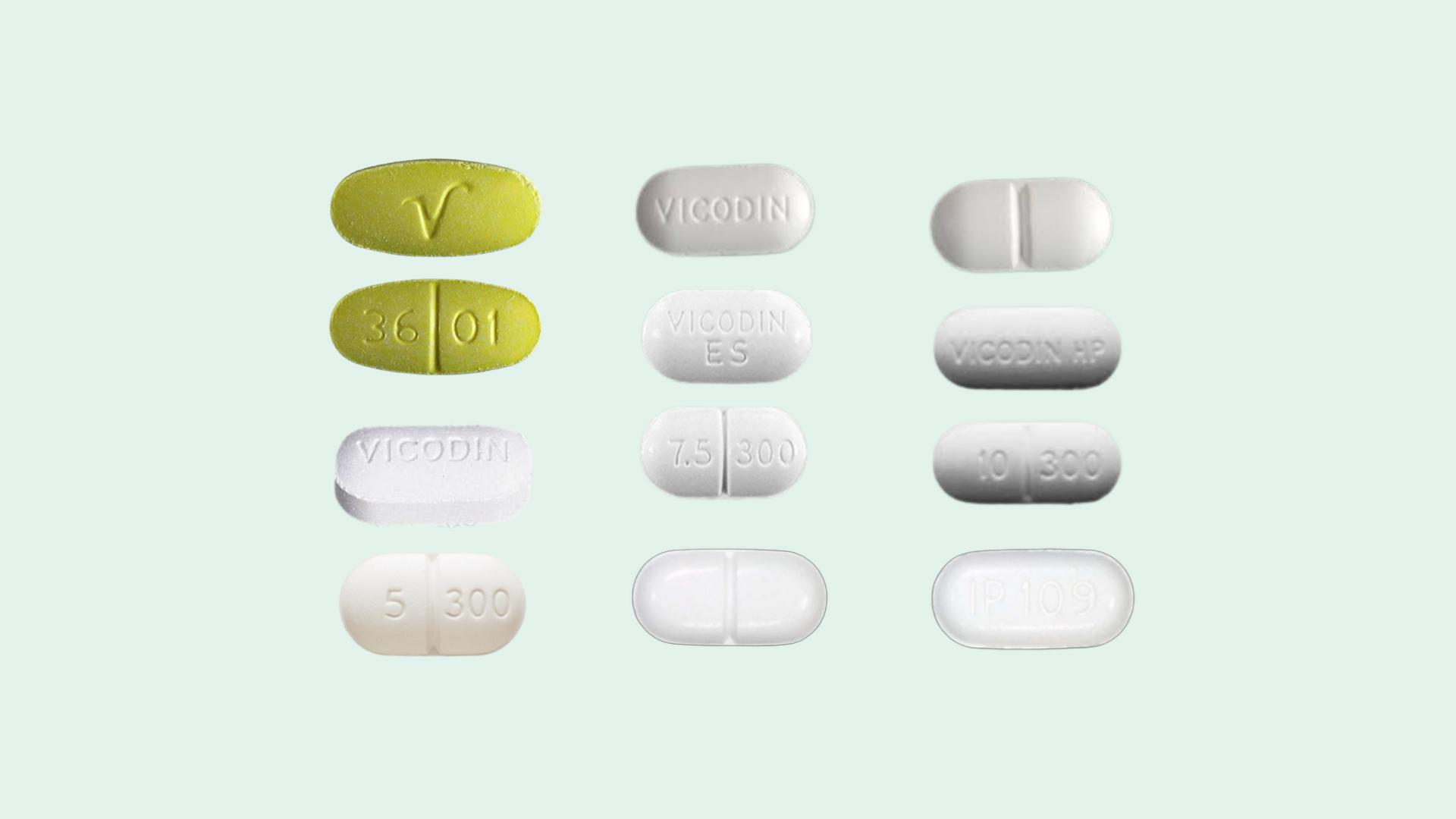What Is Vicodin Addiction?
Vicodin addiction, also known as substance use disorder (SUD), is a chronic and relapsing condition characterized by the compulsive use of Vicodin despite negative consequences. Addiction can have severe physical, psychological, and social effects on individuals and their loved ones.
The addictive nature of Vicodin is primarily attributed to its hydrocodone component, which acts on the brain’s opioid receptors, providing pain relief and inducing feelings of euphoria. Continued misuse of Vicodin can lead to tolerance, where higher doses are needed to achieve the desired effects, ultimately resulting in dependence and addiction.
The Stages of Vicodin Addiction Treatment
Vicodin addiction treatment typically involves a comprehensive approach that addresses the physical, psychological, and social aspects of addiction. The treatment process can be divided into several stages, each focusing on different aspects of recovery.
Assessment and Evaluation
In this initial stage, healthcare professionals evaluate the individual’s addiction severity, medical history, and any co-occurring mental health disorders. This assessment helps create a personalized treatment plan tailored to the individual’s specific needs.
Detoxification
Detoxification, or detox, is the process of allowing the body to rid itself of Vicodin and its byproducts. This stage may involve medical supervision to manage withdrawal symptoms and ensure the individual’s safety and comfort during the detox process.
Inpatient or Residential Treatment
Inpatient or residential treatment provides individuals with a structured and supportive environment where they can focus on their recovery. This stage typically involves individual counseling, group therapy, educational sessions, and holistic therapies to address the underlying causes of addiction and develop coping strategies.
Outpatient Treatment
After completing inpatient or residential treatment, individuals may transition to outpatient treatment. Outpatient programs offer flexibility, allowing individuals to receive therapy and support while maintaining their daily responsibilities. This stage may involve individual counseling, group therapy, relapse prevention strategies, and ongoing monitoring.
Aftercare and Relapse Prevention
Continuing care and relapse prevention are crucial aspects of Vicodin addiction treatment. Aftercare programs, such as support groups, counseling, and alumni networks, provide ongoing support and guidance to individuals in recovery. These programs help individuals maintain their sobriety and navigate the challenges of daily life without drugs and alcohol.
What to Expect During Vicodin Addiction Treatment
Entering Vicodin addiction treatment can be an overwhelming and uncertain process. However, understanding what to expect can help alleviate some of the anxiety and provide a sense of direction. Here are some key aspects of Vicodin addiction treatment:
Comprehensive Assessment and Personalized Treatment Plan
Upon entering a treatment program, individuals undergo a comprehensive assessment to evaluate their addiction history, physical health, mental health, and social circumstances. This assessment helps healthcare professionals develop a personalized treatment plan tailored to the individual’s unique needs and circumstances.
Medical Detoxification
For individuals with a physical dependence on Vicodin, medical detoxification may be necessary to safely manage withdrawal symptoms. Medical professionals closely monitor individuals during detox to ensure their safety and manage any discomfort or complications that may arise.
Individual Counseling
Individual counseling plays a critical role in Vicodin addiction treatment. During these one-on-one sessions, individuals work with a therapist to explore the underlying causes of their addiction, develop coping strategies, and set goals for their recovery. Therapists may utilize various evidence-based approaches, such as cognitive behavioral therapy (CBT) and motivational interviewing, to support individuals throughout their journey.
Group Therapy and Support
Group therapy provides individuals with the opportunity to connect with others facing similar challenges. These sessions offer a supportive and non-judgmental environment where individuals can share their experiences, gain insights from others, and build a strong support network. Group therapy may involve discussions, educational sessions, and experiential activities aimed at fostering personal growth and recovery.
Holistic Therapies
In addition to traditional therapy approaches, many Vicodin addiction treatment programs incorporate holistic therapies to address the mind, body, and spirit. These therapies may include yoga, meditation, art therapy, equine-assisted therapy, and mindfulness practices. Holistic approaches help individuals develop healthy coping mechanisms, reduce stress, and enhance overall well-being.
Relapse Prevention Strategies
Relapse prevention is a crucial component of Vicodin addiction treatment. Individuals learn strategies and techniques to identify triggers, manage cravings, and prevent relapse. These strategies may include developing healthy coping mechanisms, creating a relapse prevention plan, and ongoing support through aftercare programs.
Life After Treatment: How to Maintain Recovery
Completing a Vicodin addiction treatment program is a significant accomplishment, but the journey to recovery does not end there. Maintaining long-term sobriety requires ongoing commitment and support. Here are some essential steps to help individuals maintain their recovery:
- Aftercare programs and support groups. Participating in aftercare programs, such as support groups and counseling, can provide ongoing support and guidance during the post-treatment phase. These programs help individuals navigate challenges, reinforce relapse prevention strategies, and connect with a community of individuals in recovery.
- Healthy lifestyle choices. Adopting a healthy lifestyle can greatly contribute to maintaining recovery. This includes engaging in regular physical exercise, maintaining a balanced diet, getting enough sleep, and avoiding substances that may trigger cravings or jeopardize sobriety.
- Establishing a support network. Building a supportive network of friends, family, and mentors who understand and support recovery is crucial. Surrounding oneself with positive influences and individuals who are committed to sobriety can provide a strong foundation for maintaining recovery.
- Continued therapy and counseling. Continuing therapy and counseling sessions on an individual or group basis can help individuals address ongoing challenges, process emotions, and further develop coping strategies. Regular sessions with a therapist can provide a safe space to discuss any difficulties or concerns that may arise during the recovery journey.
- Self-care and stress management. Prioritizing self-care and stress management techniques is vital for long-term recovery. Engaging in activities that promote relaxation, such as meditation, journaling, or hobbies, can help individuals manage stress and maintain emotional well-being.

